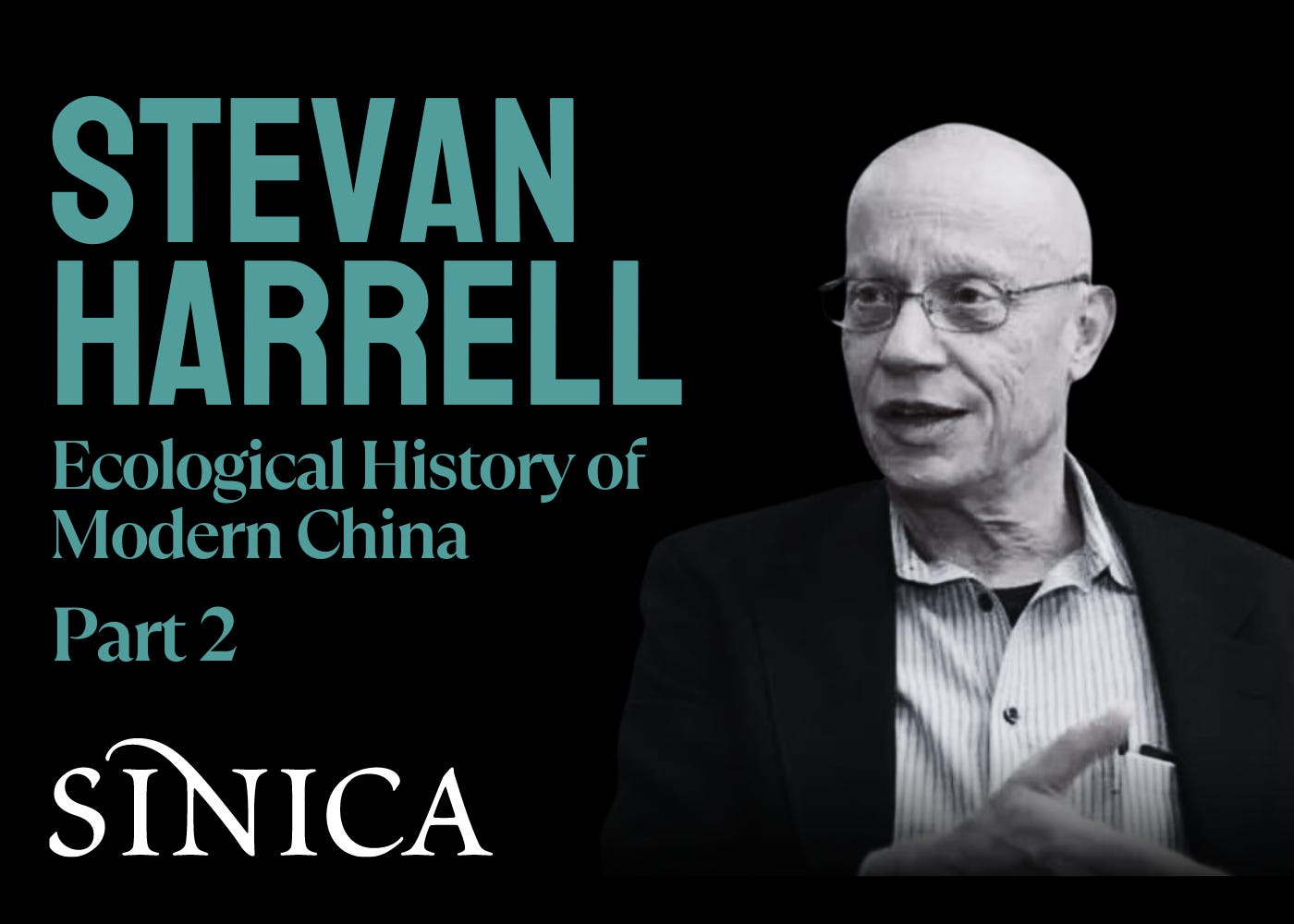Listen to the podcast in the embedded player above!
Kaiser Kuo: Welcome to the Sinica Podcast, a weekly discussion of current affairs in China. In this program, we’ll look at books, ideas, new research, intellectual currents, and cultural trends that can help us better understand what’s happening in China’s politics, foreign relations, economics, and society. Join me each week for in-depth conversations that shed more light and bring less heat to how we think and talk about China. I’m Kaiser Kuo, coming to you this week from Dalian in Liaoning.
Sinica is supported this year by the Center for East Asian Studies at the University of Wisconsin-Madison, a national resource center for the study of East Asia. The Sinica Podcast will remain free, but if you work for an organization that believes in what I am doing, or if you are an individual with the means to help, please consider lending your support. You can get me at sinicapod@gmail.com. And listeners, please support my work on Substack at sinica.substack.com. I really mean it. I really need your help. So please take the time. 10 bucks a month, 100 bucks a year. You’ll really, really be helping me to continue to be able to do this work.
This week on Sinica, we’ve got part two of my interview with Stevan Harrell. If you didn’t get a chance to listen to part one, you really should do that before embarking on part two here because we really lay out a lot of the framing concepts that he uses to discuss China’s ecological history. And it’s really important that you get your head around some of those ideas before plunging into this next part. Steve is Professor Emeritus of Anthropology at the University of Washington.
I want to point out in case anyone has gotten the wrong idea that your book is not just a litany of indictments about the fecklessness and folly of these technocratic priests of high modernism. I mean, you have quite a bit of empathy with the situations they find themselves in, the means available to them, the exigencies that they face — feeding an enormous population. Development is not, in your mind, an ignoble goal, right? But there is this one period, of course, that you write about where adherence to these really extreme modernist ideologies was just absolutely disastrous, both to the natural environment and, of course, to humanity. And that’s the Great Leap Forward famine, which I imagine is pretty well known to our listeners. It’s probably the best example in history of that kind of thinking gone completely awry.
But maybe you can tell us something either about the mechanism of the disaster that most people aren’t able to intuit, or talk about maybe other episodes where ecological catastrophe comes out of really horrifically misguided policy during the Mao period. I think it was in the context of the Great Leap famine that you talked about the “Four Horsemen,” what did you call it? “The Four Horsemen of Ecopocalypse,” is that right?
Stevan Harrell: Yeah. That was an article I wrote for Human Ecology. But I think it’s, more than anything else, a critique of linear thinking that the policies that were set in motion and a series of events beginning with the reaction to the Bǎihuāqífàng 百花齐放...
Kaiser: The Hundred Flowers Movement.
Keep reading with a 7-day free trial
Subscribe to Sinica to keep reading this post and get 7 days of free access to the full post archives.





